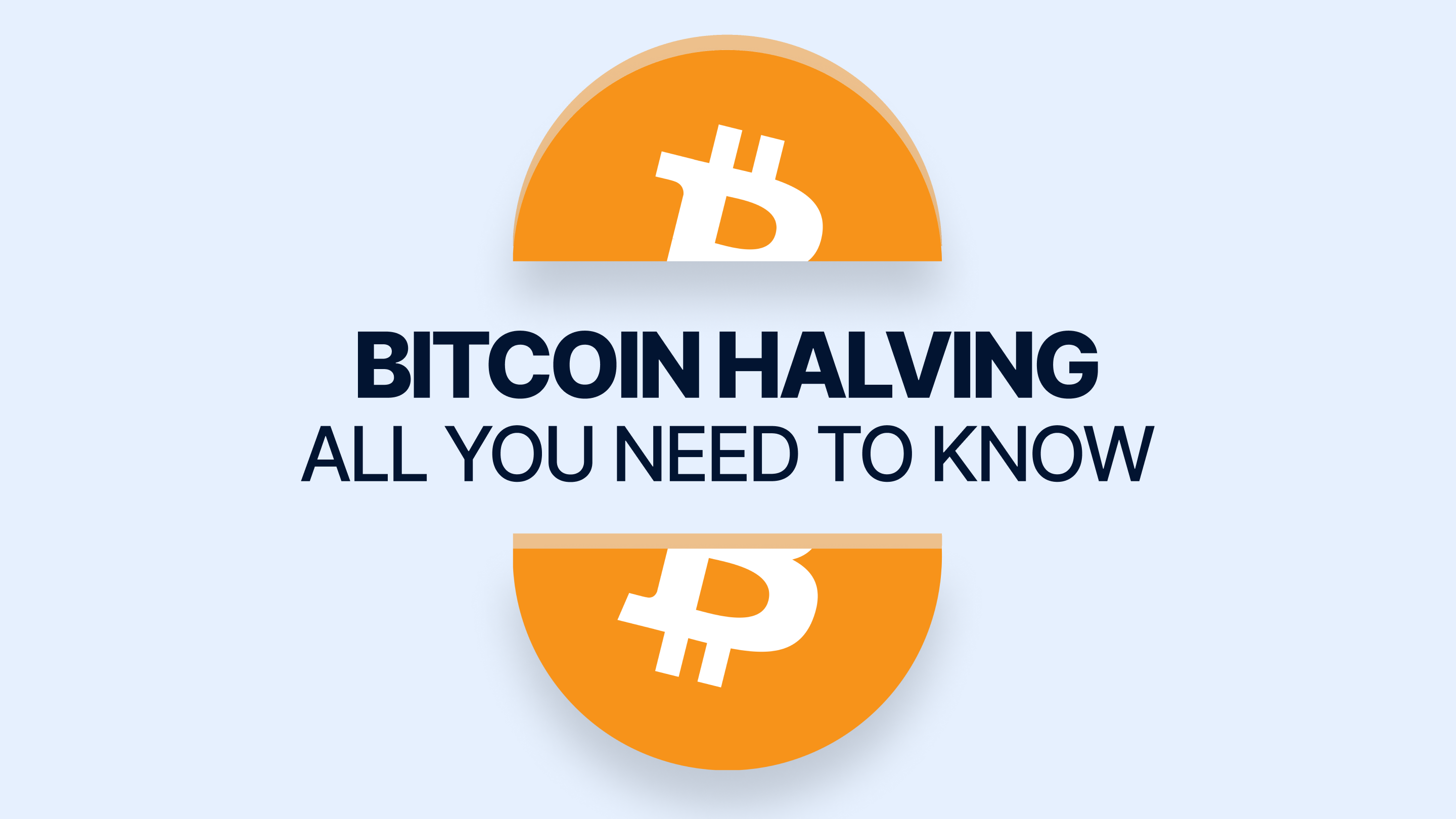Introducción
The world of cryptocurrency has undergone significant evolution since the inception of Bitcoin in 2009. As digital assets gain mainstream acceptance, innovative financial products emerge to bridge the gap between traditional finance and the decentralized realm of blockchain technology. One such product that has garnered attention is the Bitcoin Exchange-Traded Fund (ETF). In this article, we'll explore the concept of Bitcoin ETFs, their mechanics, and their impact on the financial landscape.
What is a Bitcoin ETF?
A Bitcoin ETF is a financial instrument that allows investors to gain exposure to Bitcoin without actually owning the cryptocurrency itself. Unlike traditional investments in cryptocurrencies, which involve purchasing and storing digital coins in a wallet, a Bitcoin ETF operates on a stock exchange. Investors can buy and sell shares of the ETF on the exchange, much like they would with stocks or other traditional securities.
Structure and Mechanics:
Bitcoin ETFs operate by holding physical Bitcoin or derivative contracts linked to the cryptocurrency. The ETF issuer manages the underlying assets and issues shares that represent a fraction of the total Bitcoin holdings. These shares can be traded on traditional stock exchanges, making it easier for investors to buy or sell Bitcoin exposure without directly interacting with cryptocurrency exchanges.
The creation and redemption mechanism is a crucial aspect of ETFs. Authorized Participants (APs), typically large institutional investors or market makers, play a role in the process. When demand for the ETF shares increases, APs create new shares by delivering Bitcoin to the ETF issuer. Conversely, when demand decreases, APs can redeem shares for the underlying Bitcoin. This mechanism helps keep the ETF's market price in line with the Net Asset Value (NAV) of its underlying assets.
Advantages of Bitcoin ETFs:
- Accessibility and Familiarity: Bitcoin ETFs provide a familiar investment avenue for traditional investors who may be hesitant to navigate the complexities of cryptocurrency exchanges and wallets
- Liquidity: Trading on established stock exchanges enhances liquidity for Bitcoin ETFs, allowing investors to buy or sell shares easily at market prices.
- Custodial Services: ETFs often utilize institutional-grade custodians to secure their Bitcoin holdings, addressing concerns about the safety of digital asset storage.
- Regulatory Oversight: Bitcoin ETFs are subject to regulatory frameworks, providing a level of oversight and investor protection that may be lacking in some cryptocurrency markets.
Challenges and Criticisms:
- Market Manipulation Concerns: Critics argue that the cryptocurrency market, known for its volatility, could be susceptible to market manipulation through Bitcoin ETFs.
- Counterparty Risks: Investors face counterparty risks as they rely on the ETF issuer and authorized participants to manage and secure the underlying Bitcoin holdings.
- Decoupling from Bitcoin Price: In certain scenarios, the price of Bitcoin ETF shares may not perfectly track the actual price of Bitcoin, leading to potential deviations between the ETF's market price and its NAV.
Conclusión
Bitcoin ETFs represent a significant step towards mainstream adoption of digital assets within traditional financial markets. They offer a convenient and regulated investment vehicle for investors seeking exposure to Bitcoin without directly engaging with the complexities of cryptocurrency ownership. As regulatory frameworks continue to evolve, the role of Bitcoin ETFs in shaping the intersection of traditional finance and the digital economy is likely to expand, providing new opportunities and challenges for investors and the financial industry as a whole.
PREGUNTAS FRECUENTES
Este artículo contiene enlaces a sitios web de terceros u otros contenidos únicamente con fines informativos ("Sitios de Terceros"). Los Sitios de Terceros no están bajo el control de Swaps, y Swaps no es responsable del contenido de ningún Sitio de Terceros, incluyendo sin limitación cualquier enlace contenido en un Sitio de Terceros, o cualquier cambio o actualización de un Sitio de Terceros. Swaps le proporciona estos enlaces sólo para su comodidad, y la inclusión de cualquier enlace no implica el respaldo, aprobación o recomendación por parte de Swaps del sitio ni ninguna asociación con sus operadores. Este artículo está destinado a ser utilizado y debe ser utilizado únicamente con fines informativos. Es importante realizar su propia investigación y análisis antes de tomar cualquier decisión material relacionada con cualquiera de los productos o servicios descritos. Este artículo no pretende ser ni debe interpretarse como asesoramiento financiero. Los puntos de vista y opiniones expresados en este artículo son del autor [de la empresa] y no reflejan necesariamente los de Swaps.






